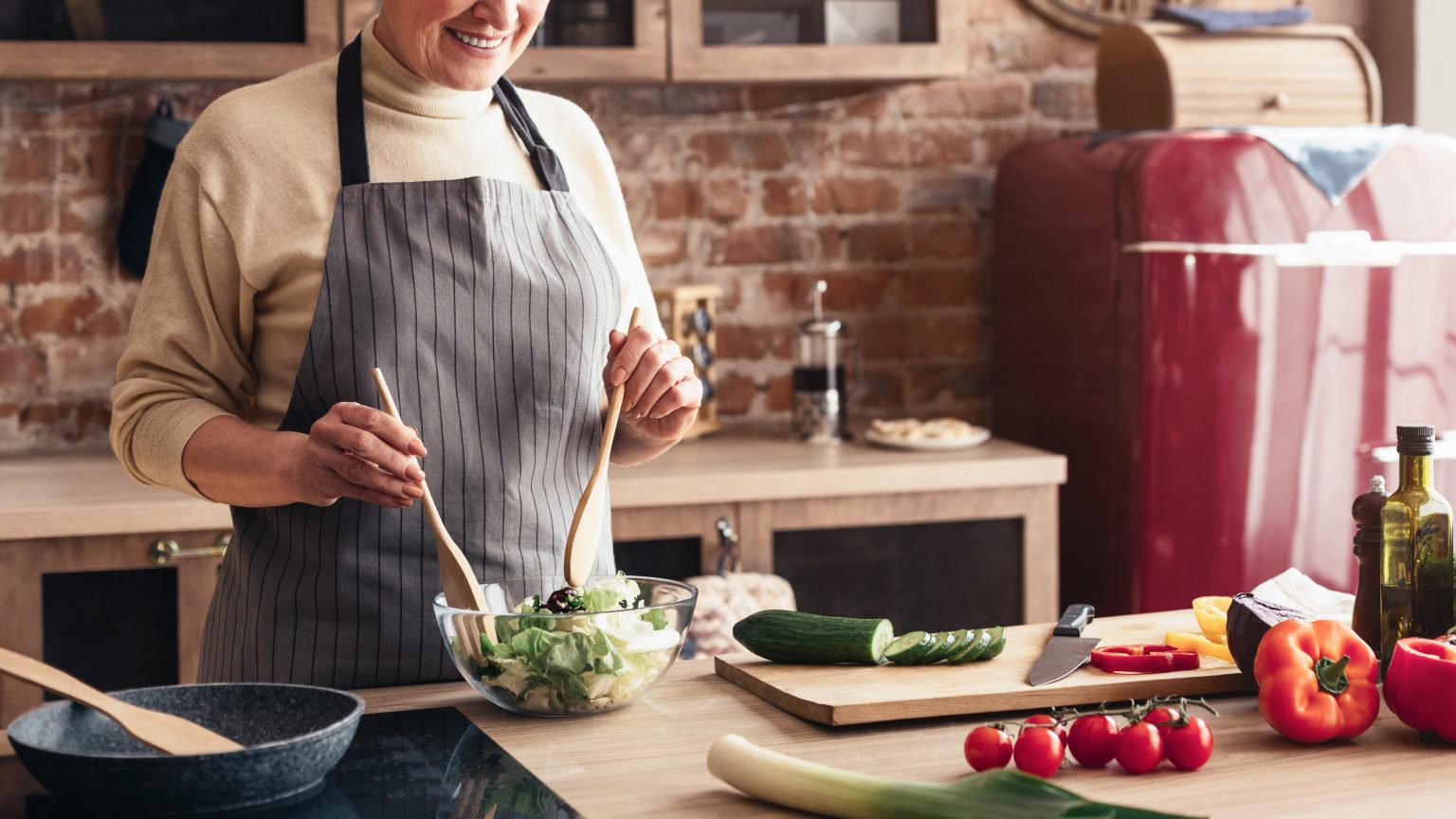Wooden spoons are a staple in many kitchens for their versatility and durability. From stirring sauces to mixing dough, these cooking utensils are invaluable. Unlike metal or plastic spoons, wooden spoons don’t conduct heat or scratch your cookware, making them gentle on your pots and pans.
There is a wide variety of wooden spoons available, ranging from simple designs to specialised shapes for specific tasks. Choosing the right wooden spoon can enhance your cooking experience and make food preparation more enjoyable. You’ll find options made from different types of wood like beechwood or olivewood, each offering unique benefits in terms of durability and comfort.
Many people appreciate the rustic charm of wooden spoons. They are not only useful but can also add a touch of aesthetic appeal to your kitchen. Whether you are an amateur cook or a seasoned chef, investing in a good set of wooden spoons can be a game-changer for your culinary adventures.
Types and Materials of Wooden Spoons
Wooden spoons come in various types and materials, each with its own benefits. Key differences lie in the type of wood used, sustainability, and properties such as durability and maintenance.
Teak and Other Hardwoods
Teak is a popular choice for wooden spoons due to its durability and resistance to water. Teak wood has natural oils that help it repel moisture, which keeps the spoon from cracking or warping over time. This makes teak spoons long-lasting and ideal for cooking.
Other hardwoods like beech, olive, cherry, and maple are also commonly used. These woods are tough and can withstand daily use. Beech is known for its fine grain and smooth finish. Olive wood is prized for its unique grain patterns. Cherry and maple are both durable and have attractive natural colours.
Sustainable Choices: Bamboo and FSC-Certified Woods
Bamboo is a highly sustainable material for wooden spoons. Technically a type of grass, bamboo grows quickly and regenerates after harvesting. This makes it an eco-friendly option. Bamboo spoons are lightweight, durable, and resist stains.
FSC-certified woods are sourced from forests managed responsibly according to the standards of the Forest Stewardship Council (FSC). Using FSC-certified woods ensures that the timber comes from forests that provide environmental, social, and economic benefits. Examples include responsibly harvested teak and other hardwoods. Opting for FSC-certified spoons supports sustainable forestry and helps protect forest ecosystems.
Considering Wood Types and Their Properties
When choosing a wooden spoon, it’s important to consider the properties of different woods. Teak and olive wood are moisture-resistant and durable, making them excellent for cooking with liquids. Beech and cherry are durable and provide a smooth surface, while maple is known for its lightness and strength.
Bamboo offers a sustainable and lightweight option, ideal for those concerned about the environmental impact. FSC-certified woods ensure that the product is sourced responsibly. Each wood type has unique qualities that might be better suited to different cooking needs, so understanding these can help in choosing the right spoon for your kitchen.
Use and Care of Wooden Cooking Spoons
Wooden spoons are popular for cooking due to their durability, versatility, and heat-resistant properties. Proper care ensures they last a long time while maintaining their functionality for scraping, stirring, and serving.
Maintaining Wooden Spoons for Durability
Maintaining wooden spoons keeps them in good shape for years. Regular upkeep involves handwashing with mild dish soap and hot water. It’s important to dry them immediately to prevent moisture damage. Occasionally, sanding rough spots with fine-grit sandpaper can smooth any splinters or nicks.
Applying mineral oil to the surface of the wooden spoon helps to keep the wood from drying out. This process involves pouring a small amount of oil on the spoon, letting it soak for 15-20 minutes, then wiping off any excess.
The Right Way to Clean and Store
Wooden cooking spoons should not go in the dishwasher, as the high temperatures can cause the wood to crack or warp. Instead, handwash them shortly after use. To remove food particles, use a plastic scraper or a brush.
Storing wooden spoons in a way that allows air circulation helps to prevent bacterial growth. It’s best to store them upright in a container or hang them on hooks. Ensure they are completely dry before storing.
Matching the Spoon to the Task
Different wooden spoons are suited for various cooking tasks. For stirring soups and sauces, long-handled spoons made from materials like beechwood or acacia wood are excellent. These woods are both durable and resistant to wear.
Scraping the bottom of pots requires a spoon with a flat edge, which can be made from harder woods like olivewood. Using wooden spoons with nonstick cookware is ideal as they won’t scratch the surface.
Serving foods can be more enjoyable with wide, shallow wooden spoons that are often beautifully designed and practical. Choosing the right design and material for each task helps in making cooking more efficient and enjoyable.



